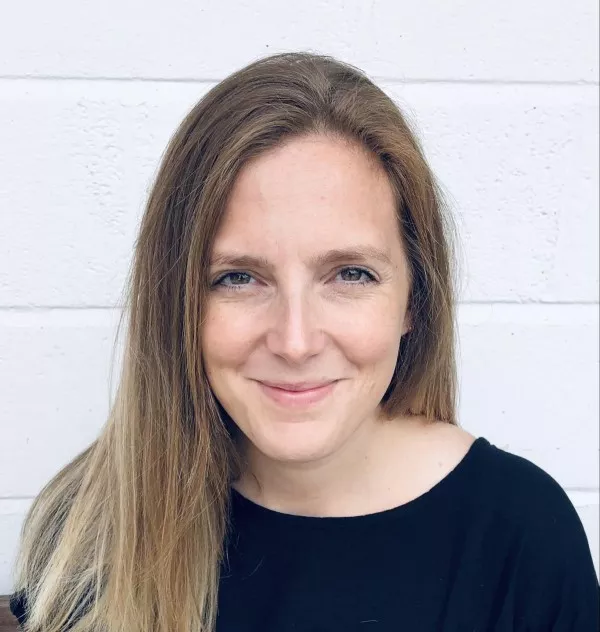
Great training provides a network of colleagues to lean on, learn from and smile with. What it also should provide is space and time to process the ‘day’. We all deal with our mental load in different ways. But there is great truth that it can be the last thing we deal with and sometimes it’s easier to resort to unhealthy habits. Learning what works best is a personal journey, but through training, there should be sessions in place that educate us in reflection and support us in the face of our own harsh self-critic. It is definitely normal to rehash events and analyse what we could have done better. We know the minutia can matter, but it’s important to be balanced with our self-analysis. This can be really difficult, especially when sleep deprived and juggling more than work. I have seen colleagues link events to self worth. Even subtle thoughts can be damaging and cumulative.
Formal time to ‘digest’ events together should be paramount
A supportive environment that allows a trainee to sound out vulnerabilities, ask the silly questions without disapproval, and anchor to others’ insights and experiences, can and will truly nurture quality doctors. Some colleagues and environments provide this naturally, often on a one-to-one basis. But formal time to ‘digest’ events together should be paramount. Psychological safety, coined by Harvard Professor Amy Edmondson, does not imply cosy, over personal and cheesy. It’s about a highly productive team feeling safe to take interpersonal risk, learn from each other, feel less uncertain/overwhelmed and be able to face the difficult and many different challenges with a healthy mind-set. I would advocate that the safest practice we can do is have a coffee together and digest.
It’s about a highly productive team feeling safe to take interpersonal risk, learn from each other, feel less uncertain/overwhelmed
In one of our ‘monthly digests’ a trainee described the guilt they had felt when a newborn was transferred to a tertiary centre. A ‘pop’ to the unit had been falsely reassuring with the family. When they returned to their next shift the baby was being transferred and this colleague felt that they had missed something; they had misinformed the parents and were convinced the parents would be blaming them. This colleague described feeling desperate to apologise to the parents but also worried that other staff viewed them as inept. I won’t detail the discussion, but they were normalising, supportive and educational.
There are a few steps I can recommend that will get your team on board encouragingly
If any trainee, college tutor, consultant or allied health care professional wants to know how to go about implementing a ‘digest’ for their team, get in touch. There are a few steps I can recommend that will get your team on board encouragingly. This includes the frequency, external supervision, appropriate introductions, and simple steps to set the social etiquette. And most importantly how to check it’s working for your team.
And to anyone who feels this is not for them, that’s ok, but I would encourage you to reconsider. This is part of our work now and it is all of our responsibility. It is not about over sharing or being vulnerable for vulnerability’s sake. It is about daring leadership, championing each other and absorbing important learning.
Recommended reads:
Buddha and the Badass by Vishen Lakhiani
Dare to Lead by Brené Brown
Wolfpack by Abby Wombach
Getting in touch:
You can get in touch with Sarah by email at sarah.arthur@doctors.org.uk









